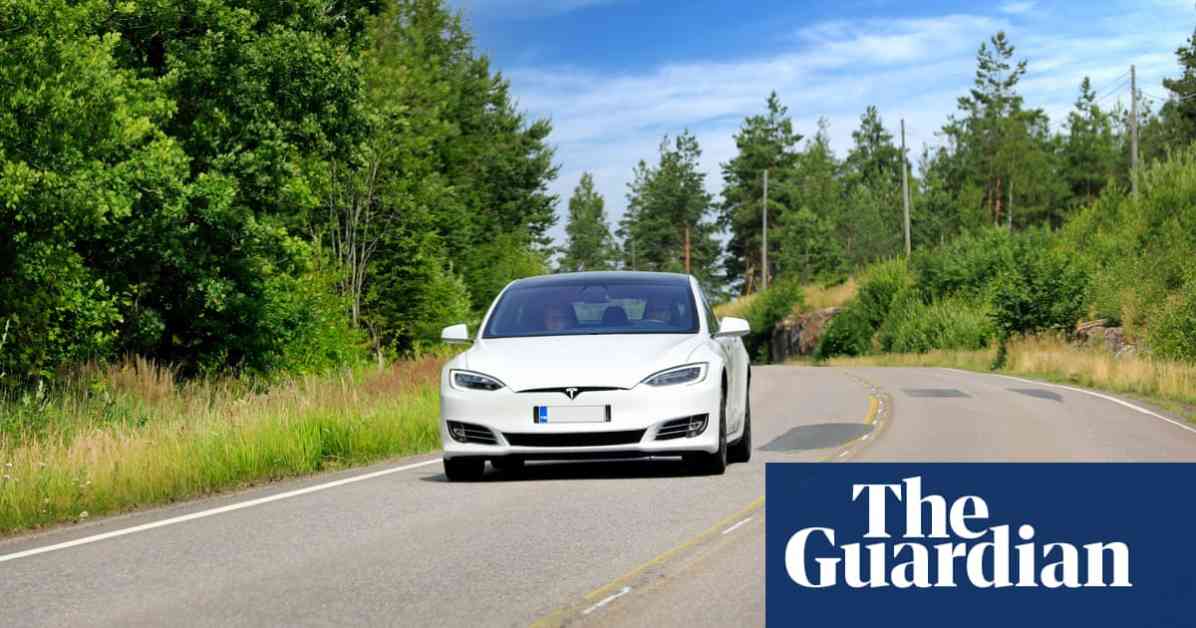The US government’s National Highway Traffic Safety Administration (NHTSA) has begun looking into 2.4 million Tesla vehicles equipped with the automaker’s Full Self-Driving software following four reported collisions, one of which was fatal. The agency is particularly concerned about crashes that occurred while the Full Self-Driving feature was engaged in conditions with reduced visibility, such as sun glare, fog, or airborne dust.
One of the crashes involved a pedestrian fatality, while another resulted in reported injuries. The vehicles under investigation include 2016-2024 Model S and X cars with the optional system, as well as 2017-2024 Model 3, 2020-2024 Model Y, and 2023-2024 Cybertruck vehicles.
The NHTSA’s preliminary evaluation is the first step in determining whether a recall of the vehicles is necessary due to safety concerns. Tesla maintains that its Full Self-Driving (FSD) software requires active driver supervision and does not make vehicles fully autonomous.
The agency is specifically looking into the ability of the FSD system to detect and respond to reduced roadway visibility conditions. It is also investigating whether similar FSD-related crashes have occurred in such conditions and whether Tesla has made any updates or modifications to the system that could impact its performance in low-visibility situations.
Tesla CEO Elon Musk has been focusing on self-driving technology and robotaxis as part of the company’s strategy amid competition and challenges in its auto business. Last week, Musk unveiled a concept for a two-seater, two-door “Cybercab” robotaxi that does not have a steering wheel or pedals and relies on cameras and artificial intelligence for navigation. Approval from the NHTSA would be required to deploy a vehicle without human controls.
Tesla’s Full Self-Driving technology, which aims for high automation, has been in development for years. However, it has faced legal scrutiny following at least two fatal accidents involving the system. Some industry experts have raised concerns about Tesla’s “camera-only” approach to autonomous driving, suggesting that it may struggle in low-visibility conditions without additional sensors like lidar and radar.
In December, Tesla recalled over 2 million vehicles in the US to implement new safety measures in its Autopilot advanced driver-assistance system. The NHTSA is still investigating the adequacy of that recall.
Overall, the investigation into Tesla’s Full Self-Driving software highlights the ongoing challenges and regulatory scrutiny surrounding autonomous driving technologies, particularly in adverse weather conditions. As the industry continues to evolve, addressing safety concerns and ensuring robust systems will be crucial for the widespread adoption of self-driving vehicles.

